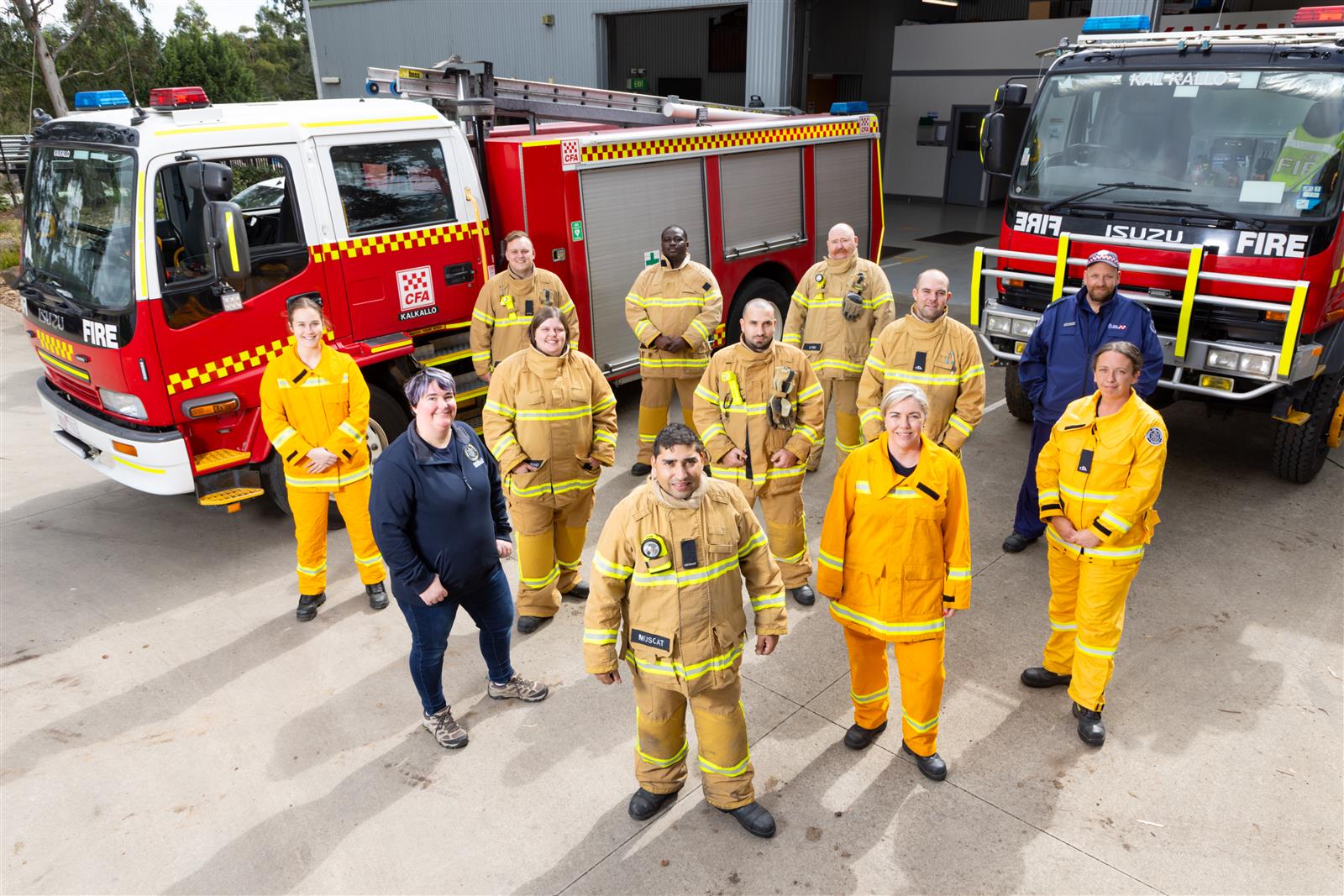We want your input on CFA's Diversity and Inclusion Policy

CFA’s Diversity and Inclusion Policy is now open for consultation until 25 June 2025.
Our Diversity and Inclusion (D&I) Policy is designed to ensure that all our members, who come from many different parts of our community, feel valued, respected and able to express themselves without fear of negative consequences.
It provides CFA with a position on how we want to support building psychosocial safety for our members. This policy is about everyone at CFA and highlights our values that unite all of us, and our shared commitment to creating a safe environment for all.
The Diversity and Inclusion policy is available on the Bulletin Board / CFA Policy Library.
We want to ensure that every member has the opportunity to provide feedback and contribute to shaping the final policy by sharing their thoughts with us.
Why is this important?
This policy will help address psychosocial hazards across CFA and provides an overarching framework for other related policies and procedures.
Changes to the Occupational Health and Safety (Psychological Health) Regulation come into effect at the end of 2025. To meet these changes, we want to put in place principles and standards that will help create a great place to work and volunteer for all of our members.
Where can I go for questions or help with accessibility?
We have outlined in the table below some helpful terms. If you have any questions or need anything to make providing feedback on the policy more accessible, please contact the Diversity and Inclusion team at diversityandinclusion@cfa.vic.gov.au. We’ll be grateful for your input.
|
Term
|
Definition
|
Example
|
|
Policy
|
A rule or plan made by a workplace or volunteer group to guide what people should do and help keep things fair and safe.
|
A volunteer organisation might have a policy about how to report safety problems during events.
|
|
Psychosocial Safety
|
Feeling safe and supported mentally and emotionally at work or volunteering, without fear of bullying or unfair treatment.
|
If a volunteer team listens to everyone’s ideas without making fun of them, that team has good psychosocial safety.
|
|
Psychosocial Hazards
|
Things at work or volunteering that cause stress, worry, or upset but don’t hurt your body physically.
|
Having too many tasks, being ignored by the team, or being bullied are psychosocial hazards.
|
|
Diversity and Inclusion
|
Having different kinds of people in a group (diversity) and making sure everyone feels welcome and included (inclusion).
|
A volunteer group that includes people from different cultures and makes sure everyone can join in meetings.
|
|
Principles and Standards
|
Principles are important ideas guiding behaviour; standards are expected levels of behaviour or quality.
|
A workplace might have a principle of honesty; a standard might be that all volunteers arrive on time.
|
|
Victorian Occupational Health and Safety (Psychological Health) Regulations
|
Laws in Victoria that protect workers’ and volunteers’ mental and emotional health, not just physical safety.
|
If a volunteer is bullied, these laws say the organisation must act to protect their mental health.
|
|
Overarching Framework
|
A big plan or system that links different rules or ideas to organise how things are done towards a main goal.
|
A volunteer organisation’s safety framework includes equipment rules, training, and how to report problems—all working together.
|
|
Consultation
|
Asking people for their ideas or advice before making decisions to include everyone’s voice.
|
Before changing the volunteer schedule, leaders have a consultation with volunteers to hear their opinions.
|
| Submitted by |
Brad Stephensen |